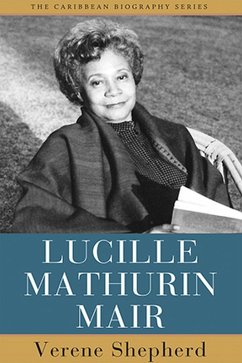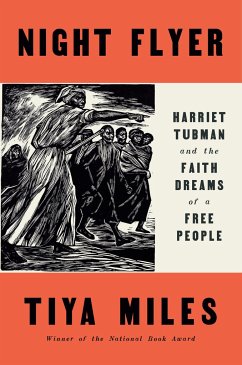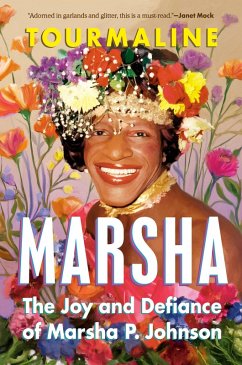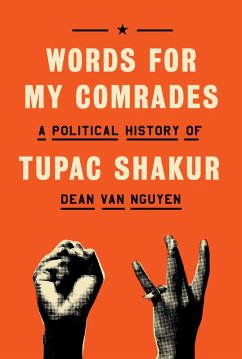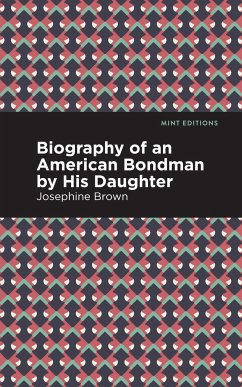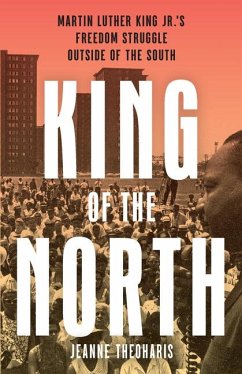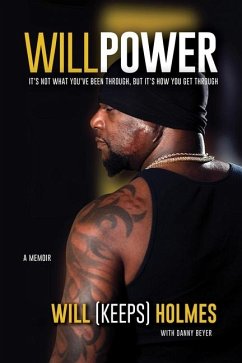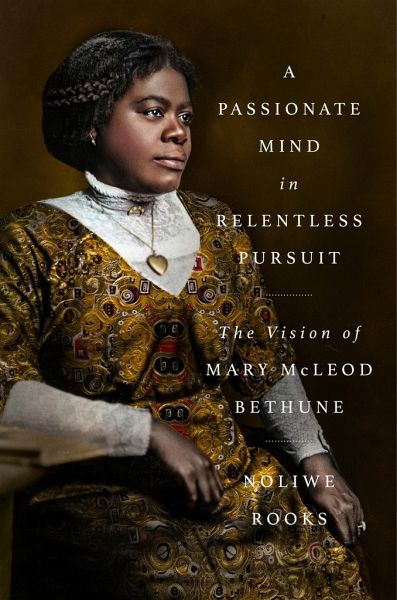
A Passionate Mind in Relentless Pursuit
The Vision of Mary McLeod Bethune
Herausgeber: Gates, Henry Louis

PAYBACK Punkte
11 °P sammeln!
"Any serious effort to understand how the Black civil rights generation found role models, vision, and inspiration during their midcentury struggle for political power must place Bethune at its heart. Her success was unlikely: the 15th of 17 children and the first born into freedom, Bethune survived brutal poverty and caste subordination to become the first in her family to learn to read and to attend college. She gave that same gift to others when in 1904, at age 29, Bethune welcomed her first class of five girls to the Daytona, Florida, school she herself had founded. In short order, the sch...
"Any serious effort to understand how the Black civil rights generation found role models, vision, and inspiration during their midcentury struggle for political power must place Bethune at its heart. Her success was unlikely: the 15th of 17 children and the first born into freedom, Bethune survived brutal poverty and caste subordination to become the first in her family to learn to read and to attend college. She gave that same gift to others when in 1904, at age 29, Bethune welcomed her first class of five girls to the Daytona, Florida, school she herself had founded. In short order, the school enrolled hundreds of children and eventually would become the university that bears her name to this day. Bethune saw education as an essential dimension of the larger struggle for freedom, vitally connected to the vote and to economic self-sufficiency. ... [The author] grew up in Florida, in Bethune's shadow: her grandparents trained to be teachers at Bethune-Cookman University, and her family vacationed at the all-Black beach that Bethune helped found in one of her many entrepreneurial projects for the community. The story of how--in a state with some of the highest lynching rates in the country--Bethune carved out so much space, and how she catapulted from there onto the national stage, is, in Rooks' hands, a moving ... example of the power of a will and a vision that had few equals"--





